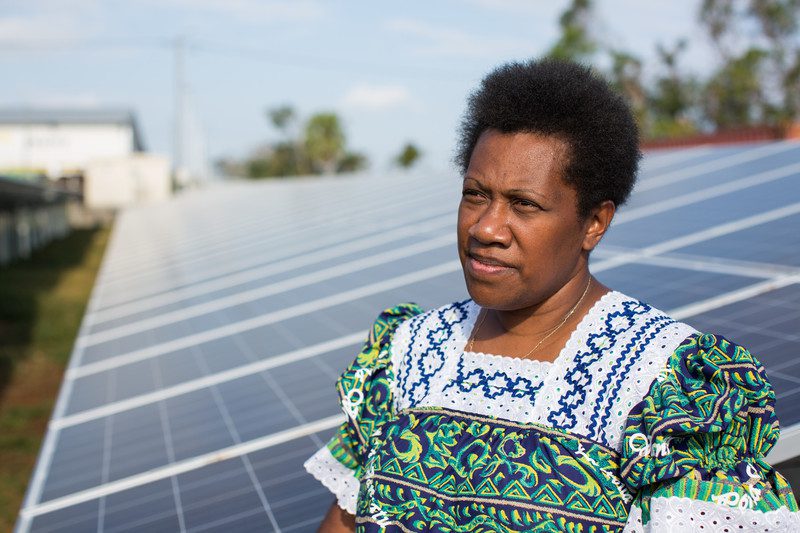What is climate change?
Since the Industrial Revolution, developed countries have been releasing enormous quantities of greenhouse gas pollution and carbon in to the atmosphere. This has mostly been through the mining and burning of fossil fuels (eg oil and coal) and clearing forests that would normally trap carbon. These gases are overwhelming our atmosphere, trapping the sun’s rays and heating the Earth at a rapid rate. It’s often referred to as the “greenhouse effect”. This activity is changing the natural climate of the earth at a significantly faster rate than we have ever seen in history.
It’s not just the average temperature that is rising. With more heat and energy in the atmosphere and oceans, our weather is becoming more extreme and unpredictable. The world looks to the international independent science experts on climate change, who form the United Nation’s Intergovernmental Panel on Climate Change. Their latest reports show that humans are having a devastating affect on our climate and resources. It is the human impacts that we are trying to slow down, in order to save the homes, livelihoods and environments of vulnerable communities all over the world.
To dig deeper into the causes and impacts of climate change, visit the Climate Council.
Why is Oxfam working on climate change?
As a humanitarian organisation, our focus over the past 10 years has been to support vulnerable communities to survive in the face of a changing climate that affects their livelihood. With a focus on fighting poverty and inequality at Oxfam, we see no greater threat to these issues than climate change.
We push governments to significantly reduce their impacts on our climate, to help the communities most impacted. In our work, we see that developing countries have contributed the least to climate change, yet they are the most vulnerable to its impacts.
First world countries, like Australia, are the biggest contributors to climate change. We have generated enormous wealth through the mining and burning of fossil fuels, but it has come at a great cost to our environment.
We believe the Australian government can do more to reduce our carbon emissions and help poorer countries, both with adapting to climate change and building clean economies of the future.
What are we doing about climate change?
Oxfam approaches the issue of climate change in many ways: we supports communities on the ground, we partner with global aid organisations to reduce the impacts of climate change and our advocacy team works to urge the Australian government to make positive changes that benefit everyone. We also partner with Indigenous communities and environmental organisations, uniting together in our push for action on climate change. We aim to find a fair global solution to climate change.
At the moment, we are campaigning for the Australian Government to increase its contribution to international climate action, in line with keeping the global temperature rise to within 1.5˚C (an agreement with the United Nations in 2015 – often referred to as the Paris Agreement). Scientific projections show that a rise higher than this means many countries will face unmanageable suffering and devastation. To stop this we’re urging the Australian government to:
- Make a commitment to reduce Australia’s domestic emissions by 74% below 2005 levels by 2030 and reach net-zero emissions by 2035;
- Develop a concrete plan to phase-out coal and gas from Australia’s energy supply;
- Provide substantial support towards climate change adaptation and low-carbon development in poorer countries, beginning with a strategy for scaling up current contributions to reach a fair share of the international goal to provide $100bn a year by 2020.
Read more about what we do in our Action on Climate Change page.
